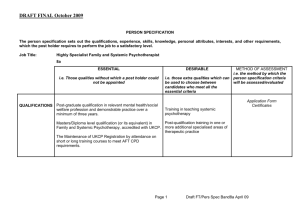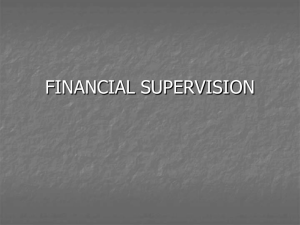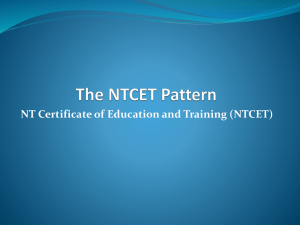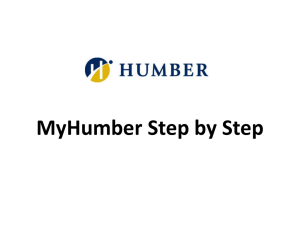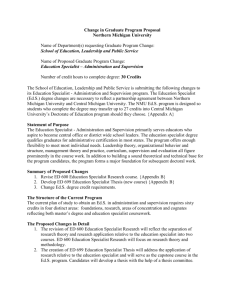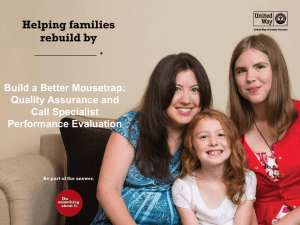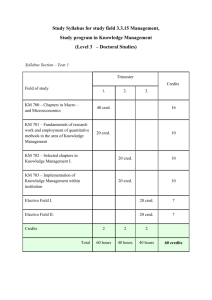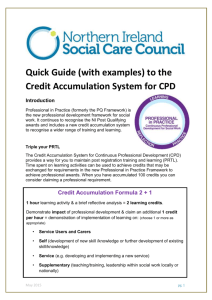CYP-IAPT
advertisement
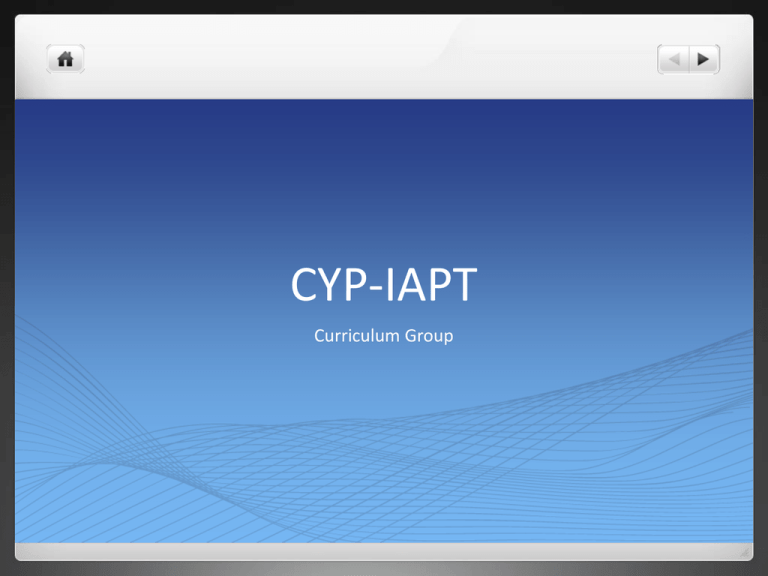
CYP-IAPT Curriculum Group Aim To develop the curriculum for training in Family Therapy To be ready for delivery in October and available to universities May/June To be an evidence based curriculum with general and specialist modules If viable to link in with professional accreditation The Group has met twice Chair Peter Fonagy (clinical lead) Ivan Eisler Eia Asen Charlotte Burke Paula Boston Mark Rivett David Cottrell Judith Lask Tom Sexton ( consultant) Training delivered by Learning Collaboratives – UCL (University College London)/KCL (King's College London) Salford Cognitive Therapy Training Centre at Greater Manchester West NHS Mental Health Foundation Trust as the HEI Reading and Oxford Northumbria Exeter First and Second Waves in place; Third wave next year (applications in for spring 2013) Service Transformation Training current members of staff so service can deliver evidence based therapies Backfill is provided to cover staff who are being trained. Family therapy is an important part of delivery in CAMHS services but often delivered by people with little or no training Structure of trainings on offer Core Basic - 60 credits Specialist – 60 credits. generic systemic; plus additional credits for ‘disorder’ Supervision – 60 credits. generic supervision; plus credits in specialist (systemic) modality Leadership CORE Training Core training - front line staff with basic competencies, not specific to professional group Three units: Unit one: Core competences for work with C and YP , child and family development, legal framework, mental health, ethical guidelines, working across agencies, child protection, cultural competence, psychopharmacology, outcome measurements Core training Unit two: Generic therapeutic competences therapeutic alliance, manage transitions, emotional content, use supervision Unit three: Assessment and formulation Comprehensive assessment – across systems Risk assessment Ability to formulate and feedback Specialist Training Being delivered in CBT and Parent training Curriculum for IPT is almost finished Systemic curriculum under construction What will the course look like? It will be 60 academic credits delivered at a postgraduate level Broadly based and based on evidence based interventions Will also contain specialist modules especially for Eating Disorder and Self Harm and Depression Will contain a supervised practice element Will ideally link to professional accreditation What can the group decide? Can determine what goes into the curriculum Its structure Admission criteria How clinical practice is managed How it is assessed Can also feed into supervision and leadership training curricula So Far The group has looked at the current curriculum for CBT and parent training Looked at a range of training manuals Taken into account the work on competencies previously developed Some Preliminary Decisions Will use the SHIFT manual developed by Paula Boston and Ivan Eisler for the SHIFT project (self harm) as a basis Will contain supervised practice with qualified supervisors Will be at a postgraduate level Decisions to be made Number of specialist modules Entry criteria Curriculum content Next steps Further looking at other manualised approaches eg for depression and attachment based interventions to see if anything needs to be included Small group meeting next week for a day to write preliminary draft Nest meeting in the New Year. My take on implications for the field It is brilliant that so many people will get training in systemic work with families It will not lead to more Family Therapy Posts There will be a demand for qualified supervisors Current Foundation Courses may suffer from reduction in numbers in some areas May be demand for higher level training More members of AFT? Revision of our training standards has to fit so that the IAPT training can be used as a foundation level training – very timely! Supervision training needs to take account of the likely responsibilities for supervisors.
